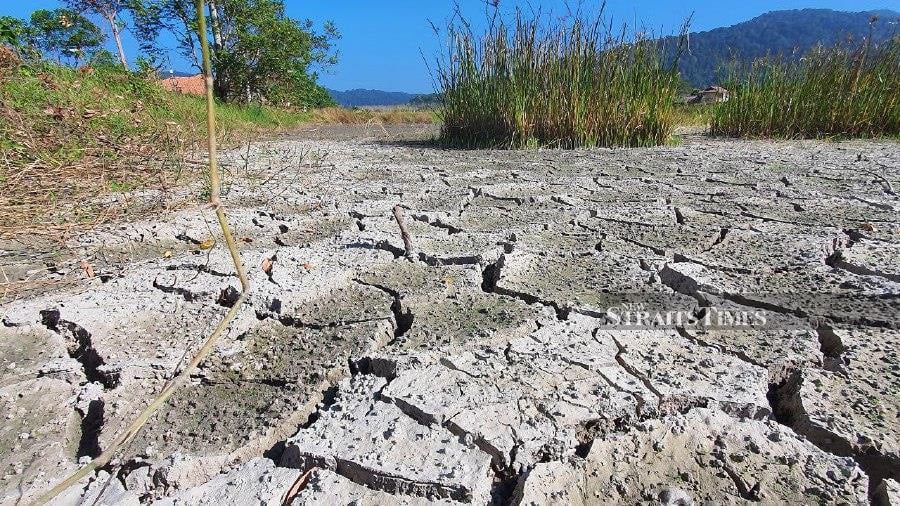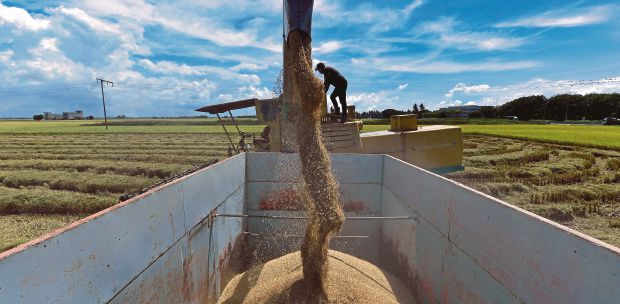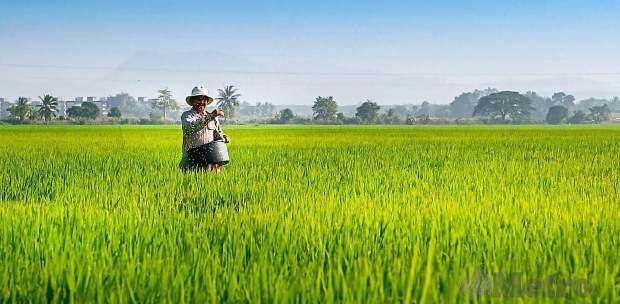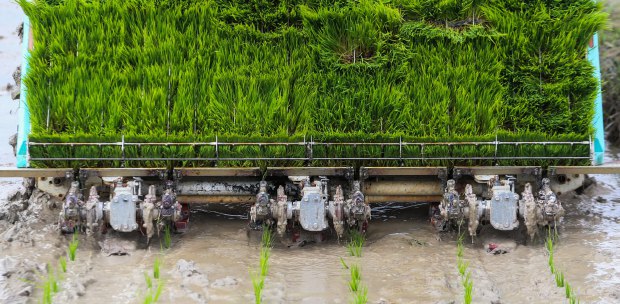ALOR STAR: The intense El Nino phenomenon, coupled with a prolonged shortage of rainfall, has caused significant concern among Kedah's agricultural players.
With daily maximum temperatures reaching 37 degrees Celsius, both padi farmers and rubber smallholders are alarmed about the potential impact on crop yields and their personal well-being.
Rodhi Md Rejab, 46, a rubber smallholder from Kubang Pasu, said that the scorching daytime heat has forced many in his community to shift their rubber tapping activities to the cooler night hours.
He said that the unbearable daytime temperatures make it difficult to perform manual labor without the risk of heatstroke.
"I've had to start tapping from 10pm to 2am now, and it's been like this for a month. We tried tapping in the evening initially, but even at 6.30pm, it's still too hot. Especially now, during the leaf-shedding season, the heat is just too intense.
"By morning, you can work until maybe 9.40am. After that, it just gets too hot," he said when met.
He added that the dry conditions, leading to leaf shedding, have also contributed to a decline in rubber production.
"Indeed, with the leaves falling, our rubber output has dropped, which has, in turn, affected our earnings in recent weeks," he added.
Similarly, Malaysian Padi Farmers Brotherhood Organisation (Pesawah) executive council member Abdul Rashid Yob said that padi farmers have had to reduce their working hours in the fields due to the heat.
"We've had to significantly cut down on our work hours. If it's already 10am, it's time to head back because of the heat, naturally affecting productivity. Even in the afternoon, we have to cut our activities a bit shorter as well.
"This extreme weather not only impacts productivity but poses serious health risks to the farmers," he added.
He said that while water supplies for padi farming under the Muda Agricultural Development Authority (Mada) remain adequate, areas outside Mada jurisdiction are experiencing water shortages.
Hence, he called on the government to take action to ensure a sufficient water supply for agricultural needs through the remaining dry months.
Yesterday, the media reported that the ongoing global impact of the El Nino phenomenon is expected to persist until mid-year.
Malaysian Meteorological Department (MetMalaysia) director-general Muhammad Helmi Abdullah said that the phenomenon began in the middle of last year and could last up to 18 months.
Based on past El Nino episodes, Helmi said that a strong El Nino could lead to reduced rainfall and higher temperatures in Malaysia, particularly affecting the northern states of the Peninsula, inland regions of Perak, Kelantan, Pahang, and Sabah.





